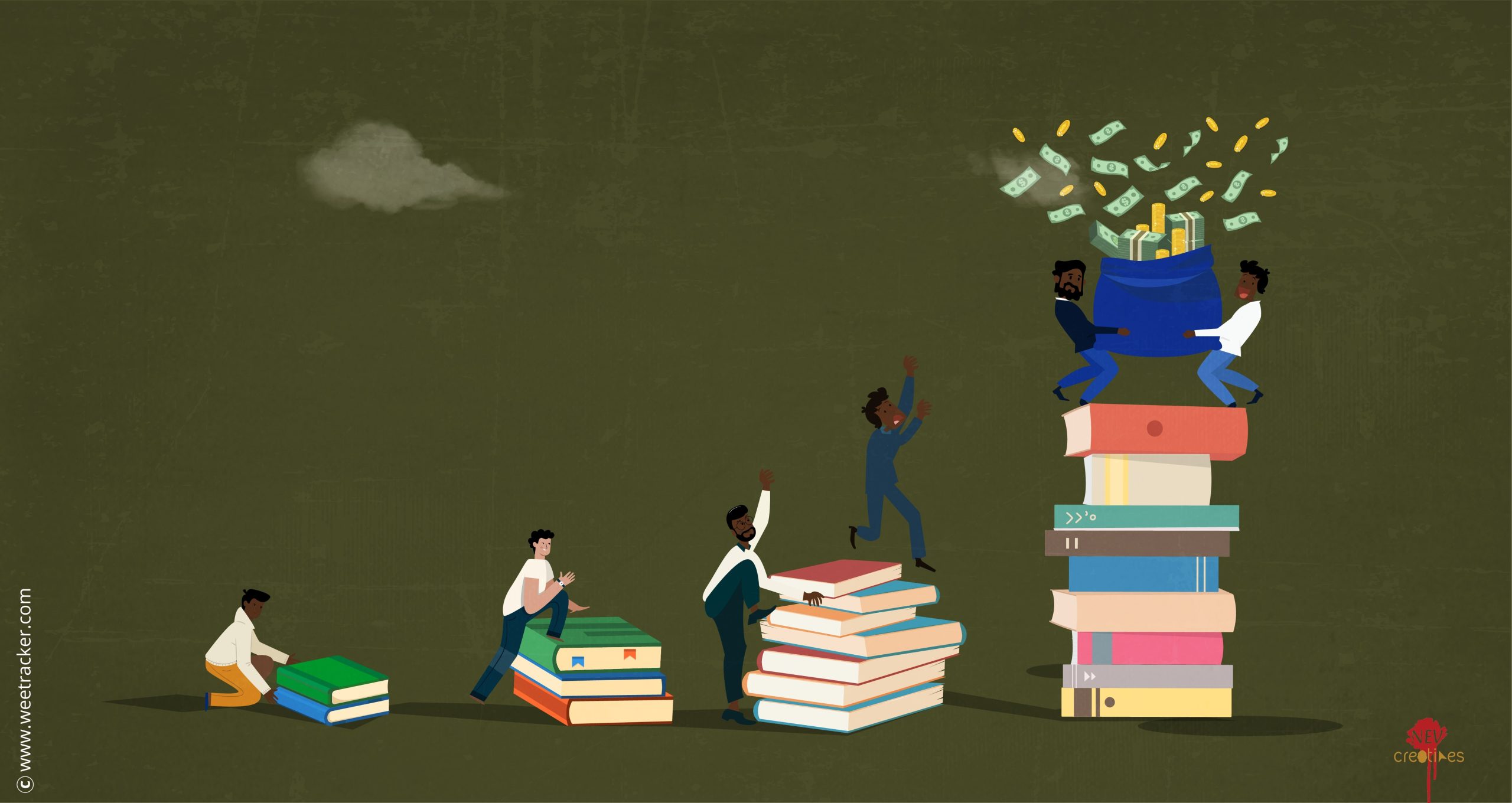In the past few African decades, education has needfully made some rather non-negligible strides. Primary education, for instance, which makes up 80 percent of the continent's academic endeavors, is guaranteed and made fee-free in most of the region's countries. A similar reality is apparent with university enrollment, having grown from 1.4 percent in 1999 to 9.4 percent in 2019.
According to the AfDB’s 2020 economic outlook, African governments pour no less than a 5 percent equivalent of their GDPs into schooling, making this region the sector's biggest spending economy, globally. The continent currently puts a cumulative USD 224 B into educating its peoples, a figure expected to more than triple to USD 740 B come 2030.
The rudimentary benefits expected from such unparalleled provisions and efforts are, regardless, yet to result in quality and equal economic results. 30 to 50 percent of secondary school students remain outside the classrooms, and only 7 percent of this learning population are lucky enough to acquire tertiary instruction.
